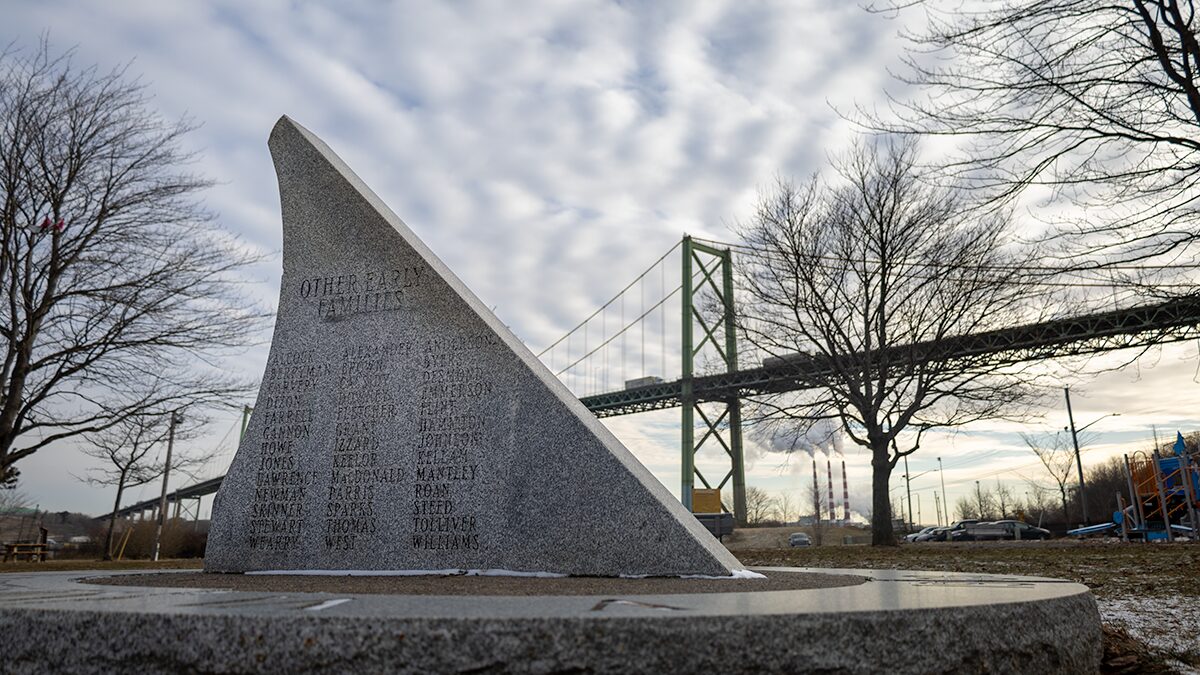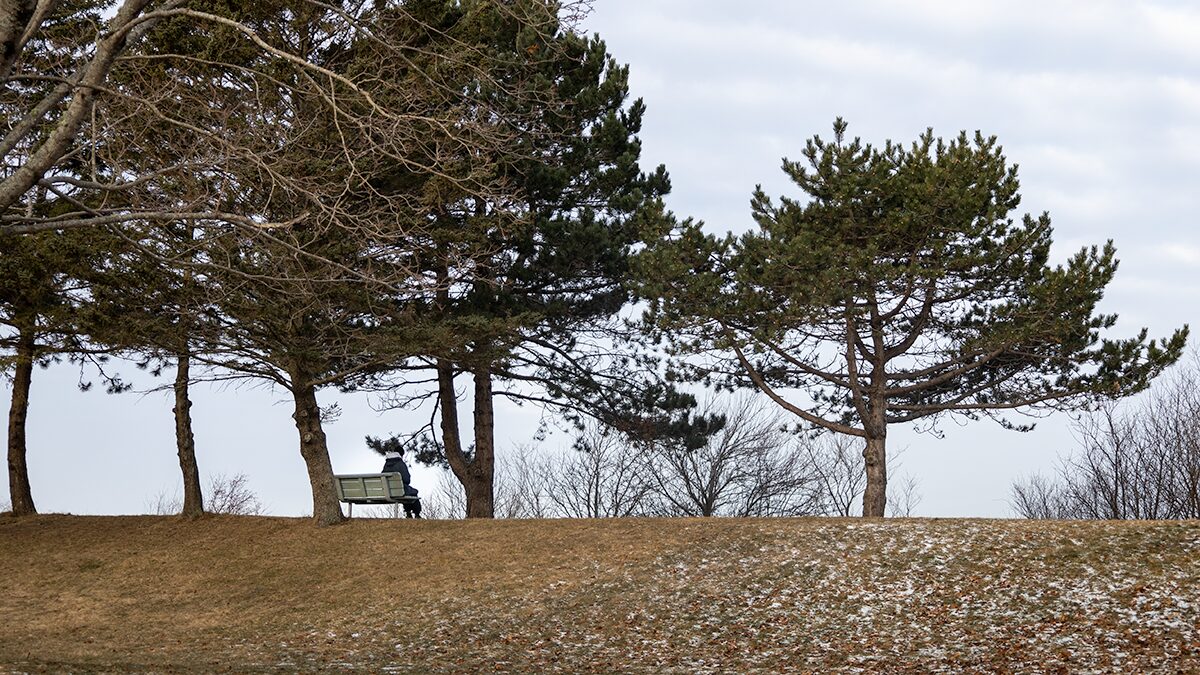Former Africville residents tell judge they want their land back
Lawsuit starts back up in court following 2018 class action dismissal

caption
A memorial for Africville sits in the park, engraved with names of past residents in North End Halifax.Past residents of Africville brought their 30-year fight against the city of Halifax back to court on Wednesday, as their lawsuit for compensation after being pushed out in the 1960s finally made it to legal arguments.
The residents’ lawyer, Robert Pineo, brought forward a formal request that residents and descendants of Africville still had a legal interest in the land they lived on during the expropriation of the community.
He said that although they signed their house deeds over to the city, they still had a claim over communal land. He is requesting that the plaintiffs receive their preferred outcome of land ownership and compensation for being wrongfully removed from Africville.
After four hours in court, Justice Patrick Duncan asked lawyers for both sides to analyze whether children who lived on the land at the time of expropriation could be included in the case. Related stories
“This is a situation where a community was destroyed and generations of people are not where they should be because of the city of Halifax,” said Pineo.
The case focuses on the expropriation of property in the 1960s. HRM lawyer Karen MacDonald argued that the city owned the deeds to the land signed off to them from residents.
But Pineo argued that the city of Halifax knowingly took advantage of residents after changing laws to make it easier for the city to take the land.

caption
A visitor sits on a bench in Africville park on Thursday, looking out into Bedford Basin in the North End of Halifax.Stephanie Daye, one of a group of about 20 who attended Wednesday’s hearing, has been following this case and supporting the group since 2019.
She said that the city is basing their argument on laws that were put in place in the years prior to the demolition of Africville, during a time when racism was evident in Halifax.
“You have to look at the reasons behind the law that made them sign that deed in the first place,” said Daye.
She said the best outcome for this case would be for the group to be given back any land that was forcibly taken and receive compensation and damages for loss of property value.
“I like this case in particular because I saw a very universal wrong that happened to these people, and no one was helping them,” said Daye.
Court history
The case first started in 1996 and was originally settled in 2010. That settlement included $3 million in financial support, a hectare of land to rebuild the Seaview African United Baptist Church and the renaming of Seaview Park to Africville Park.
Some residents wanted to continue the fight for compensation, saying a church wasn’t enough.
It was brought back to court as a class action in 2018. Duncan, the judge in the case for the last 15 years, was not satisfied with the requirements and turned it down.
“When I came into court in 2010, I had no idea this would still be an issue 15 years later,” Duncan said in court on Wednesday.
“There has got to be a time when we say we got to get on with this.”
Spectators in the court murmured agreement with this, with some saying they wanted to be done with the case, too.
The hearing will continue in early March.
About the author

Elena Neufeld
Elena Neufeld grew up on a farm near Margaret, Manitoba. She loves photography and film and is a member of the UKC women's volleyball team.

d
dunn6931@gmail.com